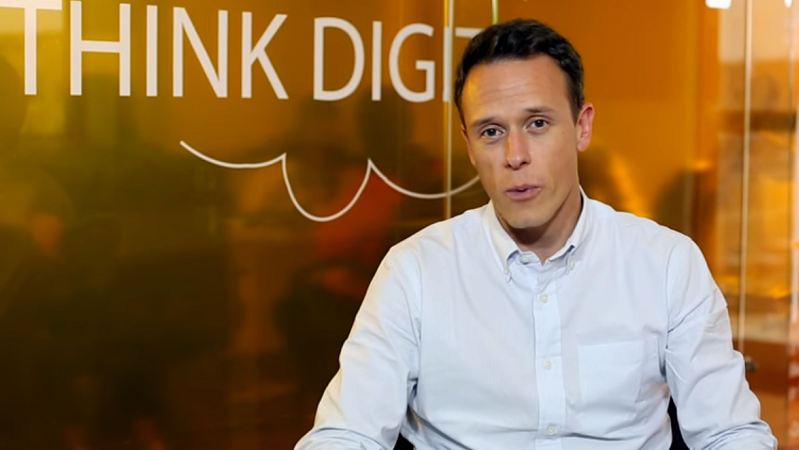What is an African startup? Is it any startup that operates in Africa even if headquartered outside the continent, or must a firm be based on the continent itself to be considered African?
And most importantly — must the startup have been founded by an African to be considered an African company?
No ad to show here.
Over the coming weeks Ventureburn aims to explore the question of what an African startup is (see this and this story in the series) and is calling on startups to get in contact with the publication (see footer).
Following Jumia’s listing on the New York Stock Exchange (NYSE) last month (see this story), the contentious question of what an African startup is, and isn’t, led to heated debates within Africa’s tech community.
Many in Africa celebrated the event as a historic day for African startups –as the continent’s first unicorn.
For others the company — which was founded in 2012 in Nigeria by Jérémy Hodara and Sacha Poignonnec (pictured above), both French, and filed its initial public offering (IPO) as a German firm — is not an African success story.
What is an African startup? Ventureburn wants to hear from startups
Jumia’s Poignonnec, addressing the firms incorporation outside Africa said in an article with Quartz last month that sometimes you need to leverage what’s outside the continent to make it happen. “It’s pretty usual,” he said.
What is the end game of "disowning" Jumia as an African startup. What is one trying to safegaurd? Is it not good that a startup has been able to validate the potential of the African market? Jumia is no saint – but the milestone in itself is good is it not?
— Tinashe M (@tmukogo) April 15, 2019
Yes it’s an Amazon copycat by a german startup factiory but it’s 100% operating in and for (humm, i should moderate my statement here) the African market. My right question is: What are criteria that make a company #African ? #Jumia #Africa #companyprofile
— Solofo Rafeno… (@solofo) May 16, 2019
Last week US publication TechCrunch highlighted in an article a trend in which several fintech startups founded by African founders have incorporated in both San Francisco and Africa for strategic reasons.
It begs the question then — if a founder is from outside Africa and their startup is based on the continent, does that make it an African startup?
Last month Neopenda, a Chicago-based health-tech startup that operates in Uganda closed a $1.04-million seed round. The startup was founded by two American biomedical engineers Sona Shah and Teresa Cauvel.
Earlier this month, Mydawa, a Nairobi-based healthtech startup founded in 2017 by Neil O’Leary, who is Irish, raised a $3-million investment from the Africa HealthCare Master Fund.
In addition, New York based insurtech WorldCover, California-based Zipline and Netherlands headquartered CarePay all raised funding this month for their respective solutions which are aimed at the African market.
While all five are either based outside the continent or have founders from outside Africa, these startups are providing their users — African citizens — with services and products that they need.
It’s something Jumia’s Poignonnec alluded to when he told the Mail & Guardian in an article last month that his firm addresses the needs of African consumers and sellers.
Should these five firms — CarePay, Zipline, WorldCover, Neopenda and Mydawa — then be classified as African startups? In the global world we are living in is this distinction even worth making and what are its implications?
Or as some have suggested — has the “African startup” tag now become a cheap PR ploy — which could be what has incensed the continent’s tech community?
Over the coming weeks in a series of articles, Ventureburn aims to explore the question of what an African startup is.
What this space.
Read more: It’s un-African to not welcome anyone willing to start a business serving Africans’
Read more: ‘Not easy to classify whether a startup is African because of globalisation’
Read more: Jumia story about to become a whole lot more successful [Opinion
Read more: Jumia raises $196m in New York Stock Exchange IPO
Read more: Loss making African ecommerce giant Jumia files for NYSE IPO
Read more: Jumia, Rocket Internet still mum on whether African tech giant will list in US
Do you have a strong opinion on the definition of an African startup? Email us your thoughts on the matter.
Featured image: Jumia co-founder Sacha Poignonnec (Jumia via YouTube)
